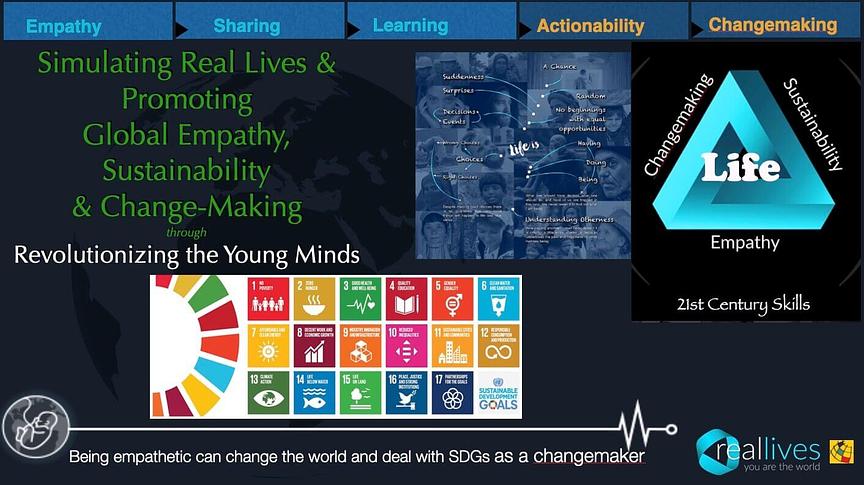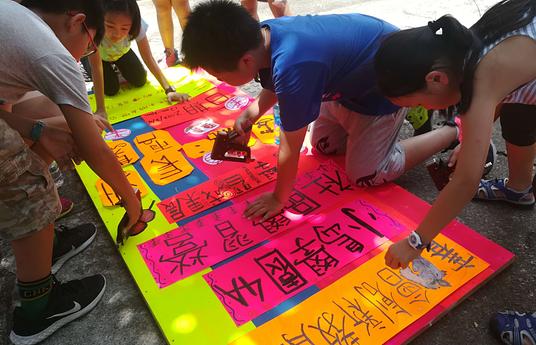RealLives Simulation is a transformative educational game that links classroom learning with real-world experiences, catering to the interests of teenage gamers. It teaches subjects such as social science and economics while promoting empathy and global awareness. By disrupting traditional educational methods, RealLives empowers students to become global citizens and changemakers.
In practice, RealLives Simulation innovatively bridges educational content with the engaging format of gaming to simulate real-world experiences. This interactive game allows players to assume the roles of different characters from 193 countries, each with unique socioeconomic backgrounds. It uses real-world data to inform the scenarios, thereby providing players with a realistic understanding of various life outcomes. This immersive experience cultivates empathy, global awareness, and critical thinking skills. By navigating through life's challenges and opportunities in the simulation, players learn about cultural diversity, economic conditions, and social issues, preparing them to tackle global challenges and contribute to achieving the Sustainable Development Goals (SDGs). Through this, RealLives not only educates but also empowers players as global citizens and potential changemakers.
RealLives Simulation has garnered support from educators worldwide, underscored by research from universities across North America and Europe. Its success in the gaming market aims to attract young gamers with a realistic, empathetic alternative to violent games. This success has been amplified by coverage from journalists and exposure through popular YouTube influencers, whose videos have reached over 10 million viewers. Additionally, RealLives is frequently featured at educational conferences and benefits from its association with the Ashoka network, enhancing its visibility and support globally. The founder, an Ashoka fellow, leverages this network to spread the game’s impact.
One can goto www.reallivesworld.com website and register as a gamer, a school, a family or a university department. Once registered, you can get access to a DEMO license (available in gamer license) and you can experience a life of a girl in Liberia. We also have apps on APP Store and Google Play Store named Real Lives Sim by RealLives Foundation.



